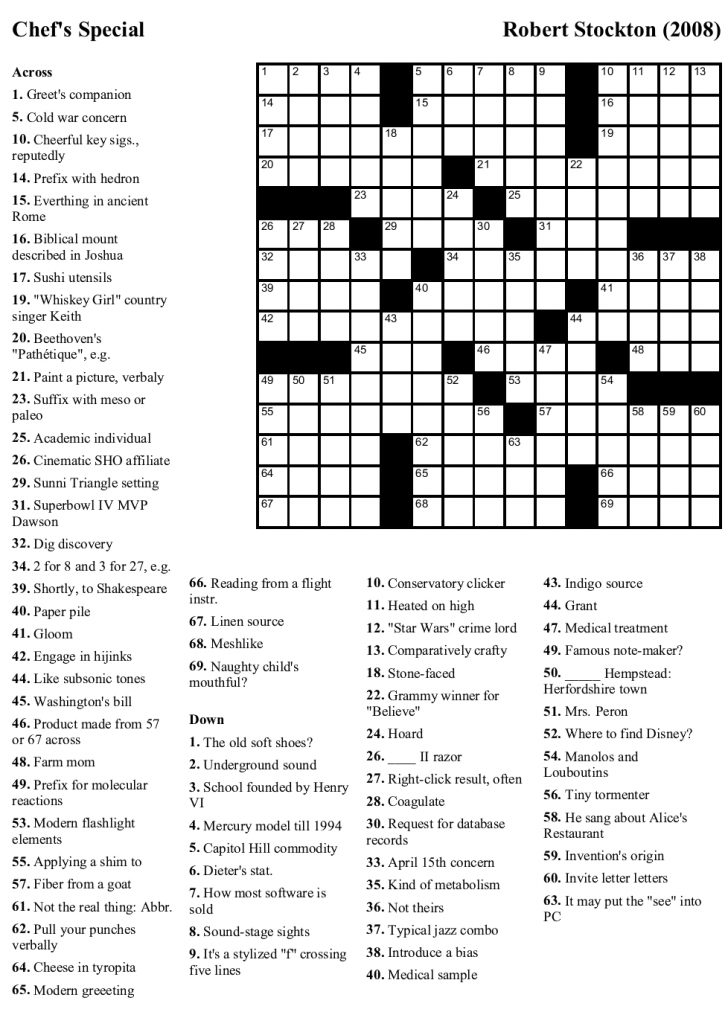Israel's Strategic Dilemma: Navigating The Shifting Sands Of Iran-US Relations

Table of Contents
The Iranian Nuclear Threat and its Implications for Israel
The advancement of Iran's nuclear program presents a significant and persistent threat to Israel's national security. This threat necessitates a multifaceted approach to regional security and defense.
The Nuclear Program's Advancement
Iran's progress towards nuclear weapons capability continues to be a major source of concern. The implications for regional stability are immense. Key aspects include:
- Enrichment levels: Iran's enrichment capabilities are steadily improving, bringing it closer to weapons-grade uranium.
- Stockpile size: The size of Iran's enriched uranium stockpile is a critical indicator of its potential to rapidly produce a nuclear weapon.
- Technological advancements: Iran's advancements in centrifuge technology and other areas related to nuclear enrichment pose a significant challenge to international efforts to prevent proliferation.
- International sanctions' effectiveness: The effectiveness of international sanctions in curbing Iran's nuclear ambitions has been debated, with varying levels of success.
This Iran nuclear threat necessitates proactive strategies from Israel to mitigate the risks associated with nuclear proliferation and regional instability. Israel's national security is intrinsically linked to the containment of Iran's nuclear ambitions.
Israel's Military Options and Deterrence Strategy
Israel possesses a sophisticated military and intelligence apparatus designed to deter Iranian aggression. Several strategies are employed to counter the perceived threat:
- Air strikes: Israel has demonstrated its capacity to conduct precision air strikes against Iranian targets within the region.
- Cyber warfare: Cyberattacks are increasingly used as a tool for both offense and defense in Israel's strategic calculus.
- Intelligence gathering: Extensive intelligence gathering operations provide critical information about Iranian activities and intentions.
- Preemptive strikes: The possibility of preemptive military action remains a debated aspect of Israel’s strategic options.
- Defensive systems: Israel has invested heavily in advanced defensive systems, such as the Iron Dome, to protect against missile attacks.
Israel's military capabilities and deterrence strategy are essential components of its approach to managing the Iranian nuclear threat. These measures are designed to maintain a credible preemptive action capability and protect the nation's security.
The Impact of US-Iran Relations on Israel's Security Posture
The relationship between the United States and Iran significantly shapes Israel's security environment. Fluctuations in this relationship directly influence Israel's strategic calculations.
Shifting US Policy Towards Iran
US policy toward Iran has varied considerably under different administrations, profoundly impacting Israel's security posture:
- JCPOA (Joint Comprehensive Plan of Action): The JCPOA, a landmark nuclear deal reached in 2015, aimed to curb Iran's nuclear program in exchange for sanctions relief. Its subsequent abandonment by the US has had far-reaching implications.
- Maximum pressure campaign: The Trump administration's "maximum pressure" campaign focused on re-imposing and tightening sanctions on Iran.
- Potential future negotiations: The possibility of future negotiations and a renewed nuclear deal continues to influence Israeli strategic planning.
Israel's strategic alliance with the US is a cornerstone of its security strategy. However, divergences in approaches to Iran necessitate careful management of the bilateral relationship.
Israel's Balancing Act between the US and Regional Actors
Israel strives to maintain its close relationship with the US while navigating complex relations with regional actors influenced by Iran:
- Relationships with Sunni Arab states: The Abraham Accords have fostered closer ties with several Sunni Arab states, creating a new dynamic in the region.
- Collaborations on counter-terrorism: Cooperation on counter-terrorism efforts, particularly against extremist groups, is a shared objective between Israel and some regional partners.
- Potential conflicts of interest: Differing interests and priorities occasionally lead to friction in Israel's relationships with regional actors.
This balancing act requires diplomatic dexterity and a nuanced understanding of regional power dynamics. Israel's foreign policy strategy must account for these interwoven relationships.
Economic and Diplomatic Dimensions of Israel's Strategic Dilemma
The Iranian nuclear threat and the broader US-Iran dynamic also have significant economic and diplomatic dimensions affecting Israel.
Economic Sanctions and their Effects
Economic sanctions against Iran have both intended and unintended consequences impacting the regional economy and, indirectly, Israel:
- Oil prices: Sanctions influence global oil prices, potentially affecting Israel's energy security and overall economy.
- Regional trade routes: Sanctions can disrupt regional trade routes, affecting Israel's access to markets and resources.
- International investment: Sanctions can deter international investment in the region, indirectly affecting Israeli businesses.
- Sanctions' effectiveness: The overall effectiveness of sanctions in achieving their intended goals remains a subject of debate.
The Israeli economy is not immune to the broader regional economic consequences related to Iran and sanctions.
Diplomatic Efforts and International Cooperation
Israel actively engages in diplomatic efforts to address the Iranian threat and foster international cooperation:
- UN Security Council resolutions: Israel works with international partners to secure UN Security Council resolutions regarding Iran's nuclear program.
- International pressure campaigns: Israel participates in international pressure campaigns aimed at curtailing Iran's nuclear ambitions and destabilizing activities.
- Bilateral agreements with other nations: Bilateral agreements with various nations address various security and economic cooperation issues related to the Iranian threat.
International diplomacy plays a vital role in Israel's broader strategy for managing the Iranian threat and securing regional stability.
Conclusion
Israel’s strategic dilemma regarding Iran and US relations is multifaceted and deeply complex. Successfully navigating this challenge requires a nuanced understanding of the ever-shifting geopolitical landscape, including Iran’s nuclear ambitions, the fluctuating US approach to the Iranian regime, and the broader regional dynamics. Israel must effectively utilize its military capabilities, diplomatic efforts, and economic strategies to protect its national security interests. Continued vigilance and proactive measures are crucial in addressing this persistent Israel's Strategic Dilemma. Further research into the intricate interplay of these factors is essential for understanding the future of the region and Israel's place within it. Understanding Israel's Strategic Dilemma is crucial for shaping effective policies for regional stability and security.

Featured Posts
-
 Canadian Wildfire Smoke Impacts Minnesotas Air Quality
May 31, 2025
Canadian Wildfire Smoke Impacts Minnesotas Air Quality
May 31, 2025 -
 Police Launch Urgent Search For Missing 11 Year Old Girl In River Thames
May 31, 2025
Police Launch Urgent Search For Missing 11 Year Old Girl In River Thames
May 31, 2025 -
 Tuesday March 11th Complete Orange County Sports Scores And Stats
May 31, 2025
Tuesday March 11th Complete Orange County Sports Scores And Stats
May 31, 2025 -
 Saturday May 3rd Nyt Mini Crossword Solutions
May 31, 2025
Saturday May 3rd Nyt Mini Crossword Solutions
May 31, 2025 -
 Who Links New Covid 19 Variant To Rising Infection Rates
May 31, 2025
Who Links New Covid 19 Variant To Rising Infection Rates
May 31, 2025
